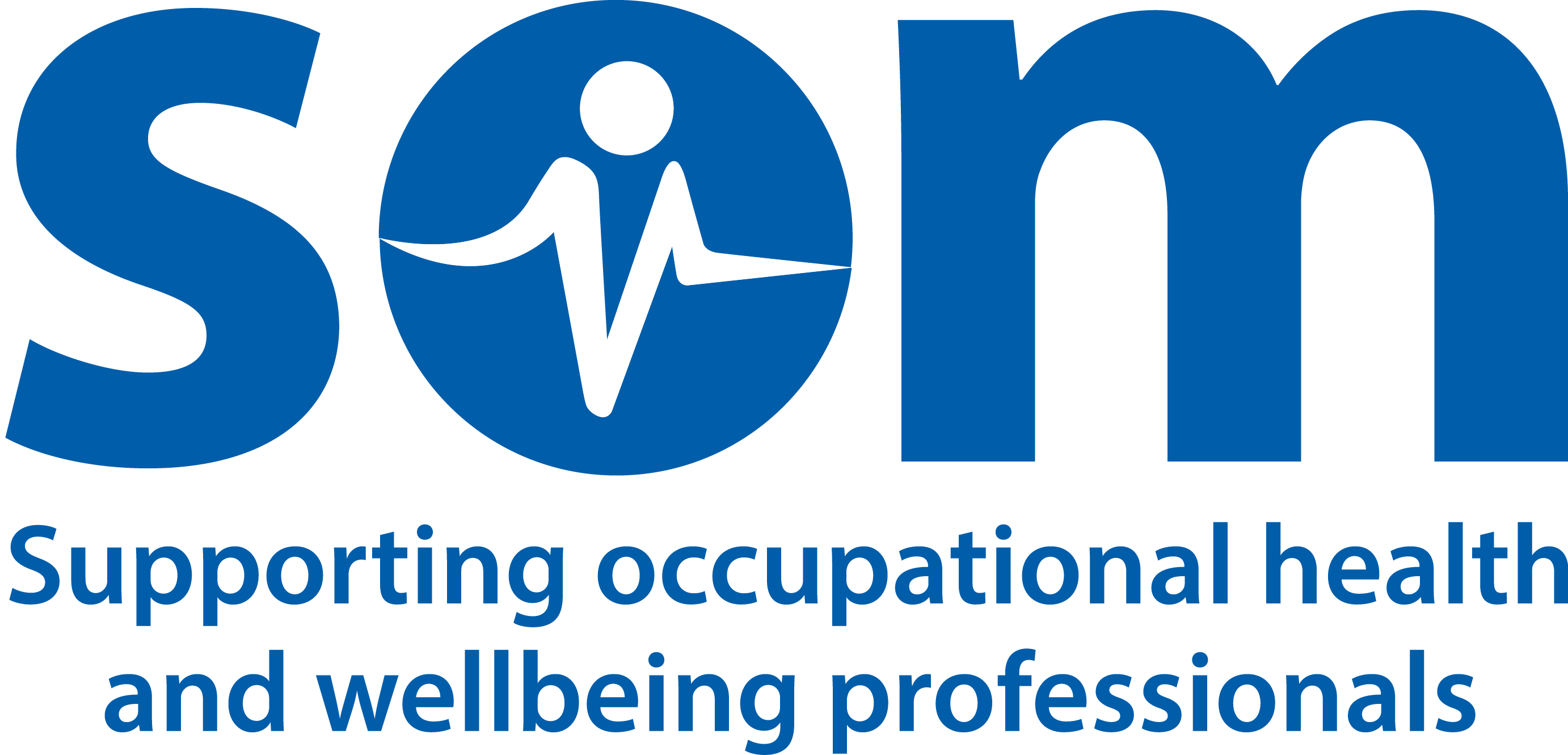
The safety of thousands of British workers has been put at risk during the COVID-19 pandemic because they have been denied standard health and safety protection, says one of the UK’s leading experts in occupational health medicine, in an editorial published today in Occupational Medicine Journal.
Professor Raymond Agius says there should be an independent public enquiry, such as a Royal Commission, to investigate employers who have failed to protect workers at risk of COVID-19 because of the kind of work that they do.
Professor Agius, emeritus professor of occupational and environmental medicine at the University of Manchester, says: “The conclusion that during this pandemic thousands of workers may have been seriously jeopardised and denied the safeguards that are theirs by right is difficult to refute. Hopefully these matters will be substantively addressed by a wide ranging independent public enquiry such as a Royal Commission.”
He said that lessons must be learnt at several levels - not least from the exposure of individuals at work to COVID-19 - and argues that any investigation of deaths or exposure to COVID-19 cannot be undertaken by employers, such as the NHS. Instead an independent body such as the Health and Safety Executive (HSE) should undertake the investigation. Employers have been told that unintended occupational exposures to the virus, falling ill or dying from COVID-19 must be reported to the HSE under health and safety legislation as a ‘dangerous occurrence’.
Prof Agius adds that any doctor signing a death certificate is under an obligation to notify the coroner if they suspect that the person’s death was “due to ... disease attributable to any employment held by the person".
When the lockdown is lifted there will be huge numbers of people returning to work. This must be accompanied by stringent protection of workers. Prof Agius says occupational health specialists can provide essential support to get the UK back to work.
Occupational health professionals can provide advice on traditional occupational hygiene measures such as segregation, ventilation and PPE, screening returning employees for symptoms and contact history, assessing risks of on-the-job exposure, and how to mitigate risk.
Prof Agius says: “Workers are owed rehabilitation, which may include redeployment, other help and understanding while they and their employers face change and challenge on an unprecedented scale. Occupational health specialists are competent and well experienced to advise about stresses on mental health ranging from adjustment disorders to burnout to post traumatic stress disorder. These conditions are bound to affect many workers who may present symptomatically or through sickness absence or presenteeism.”

